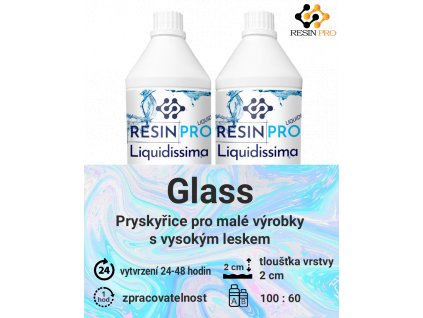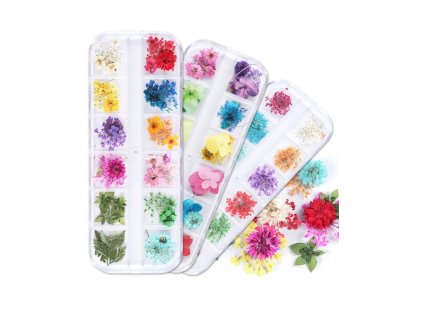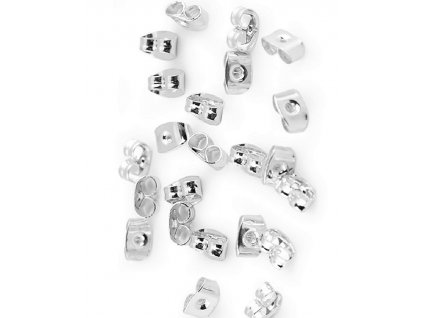Silicone molds for epoxy resin - pendants and earrings
Silicone mould for making pendants and earrings from epoxy resin.
Mould size: 14 x 14 cm.
For this form you need about 24 grams of resin. The final quantity depends on the filling rate of the mould and the amount of fillers and decorations used. You can find out what resin you need for this mould here.
Finish the jewellery with the help of our jewellery components. Need a hole drilled? Use handheld or electric drill.
Always clean the mould before first use, moulds may be slightly dusty due to storage and transport. The forms are reusable.
The mould has a perfectly smooth and shiny surface. You simply pour the epoxy resin into it and you get an amazing, handmade product!




Additional parameters
| Category: | Silicon forms |
|---|---|
| Weight: | 0.046 kg |
Be the first who will post an article to this item!
Be the first who will post an article to this item!











